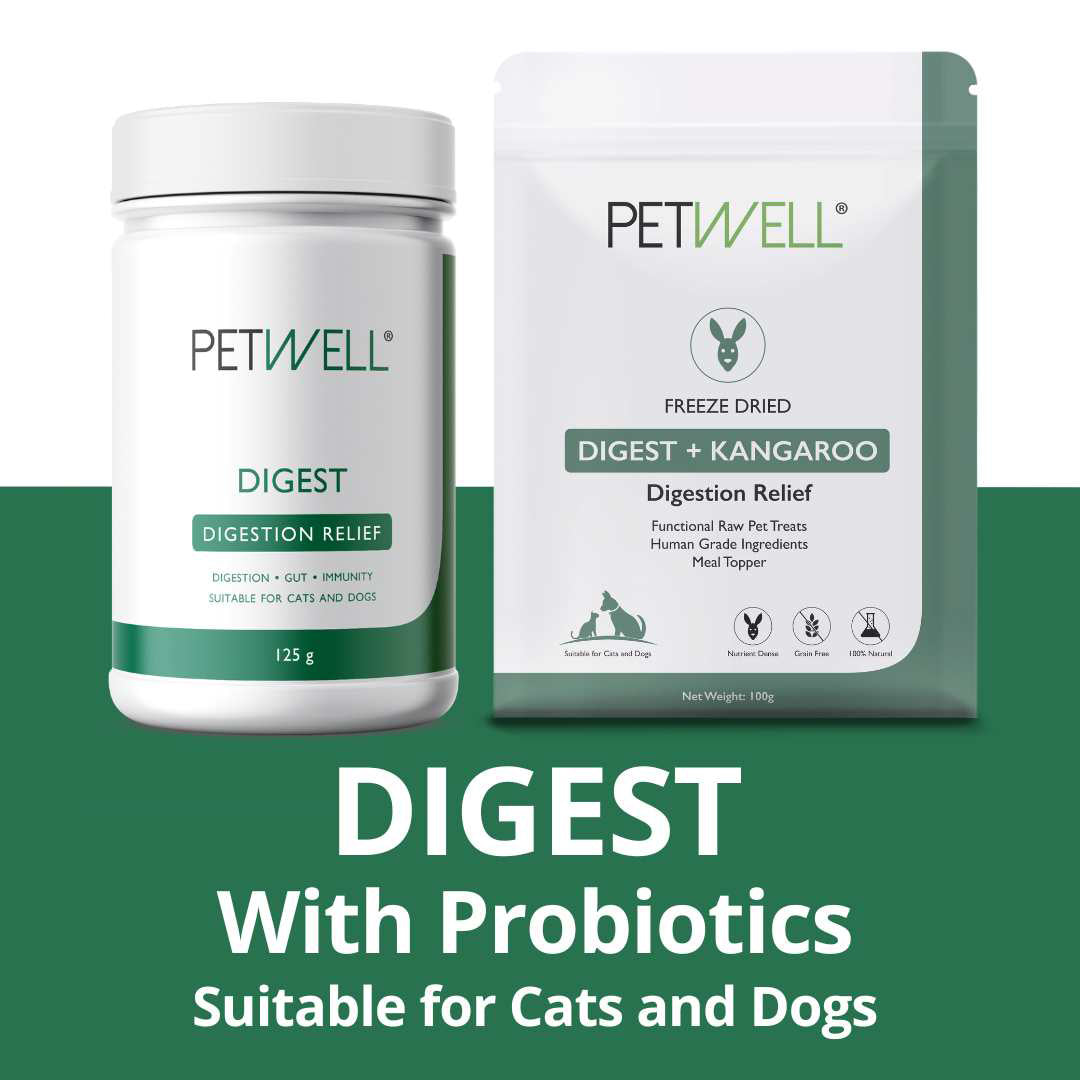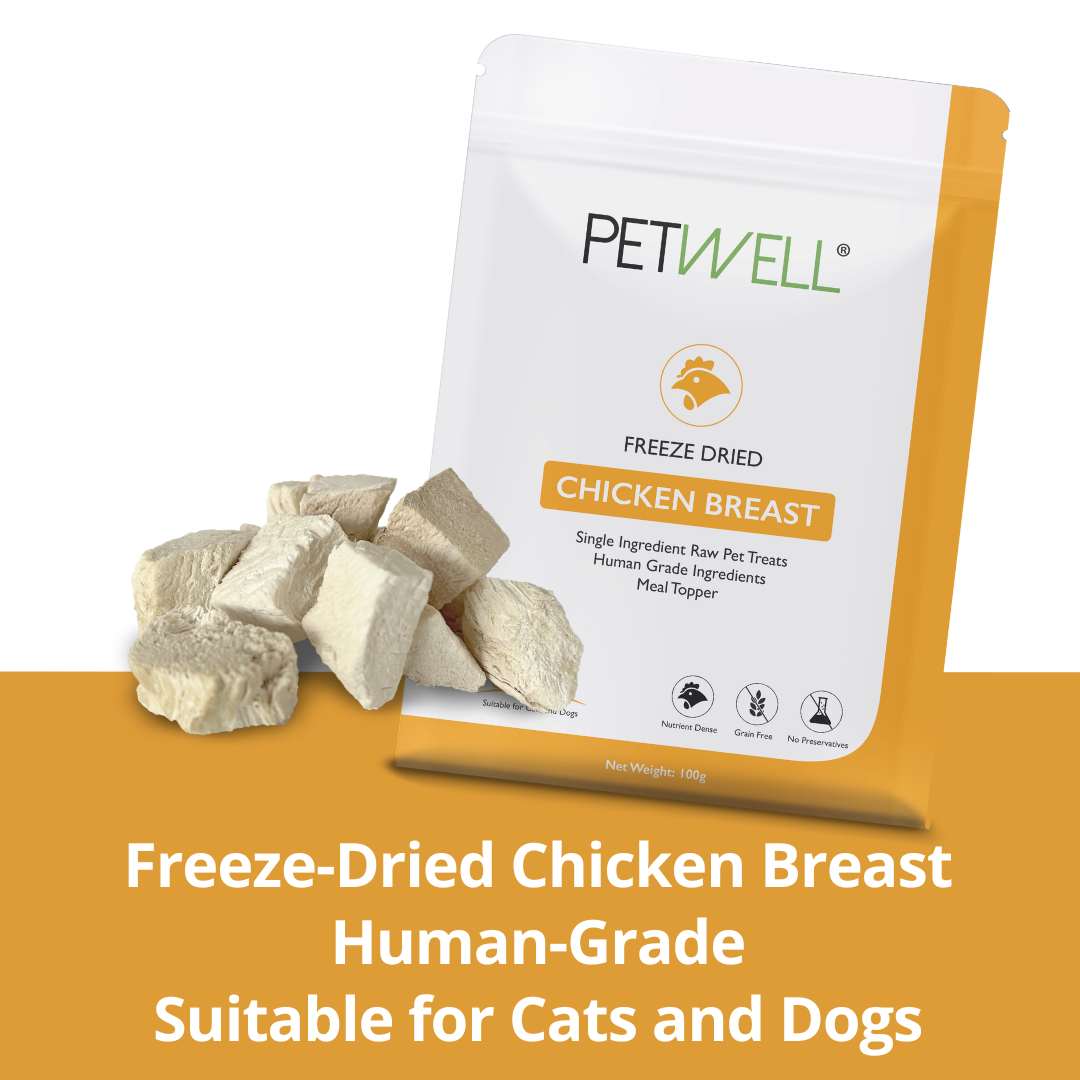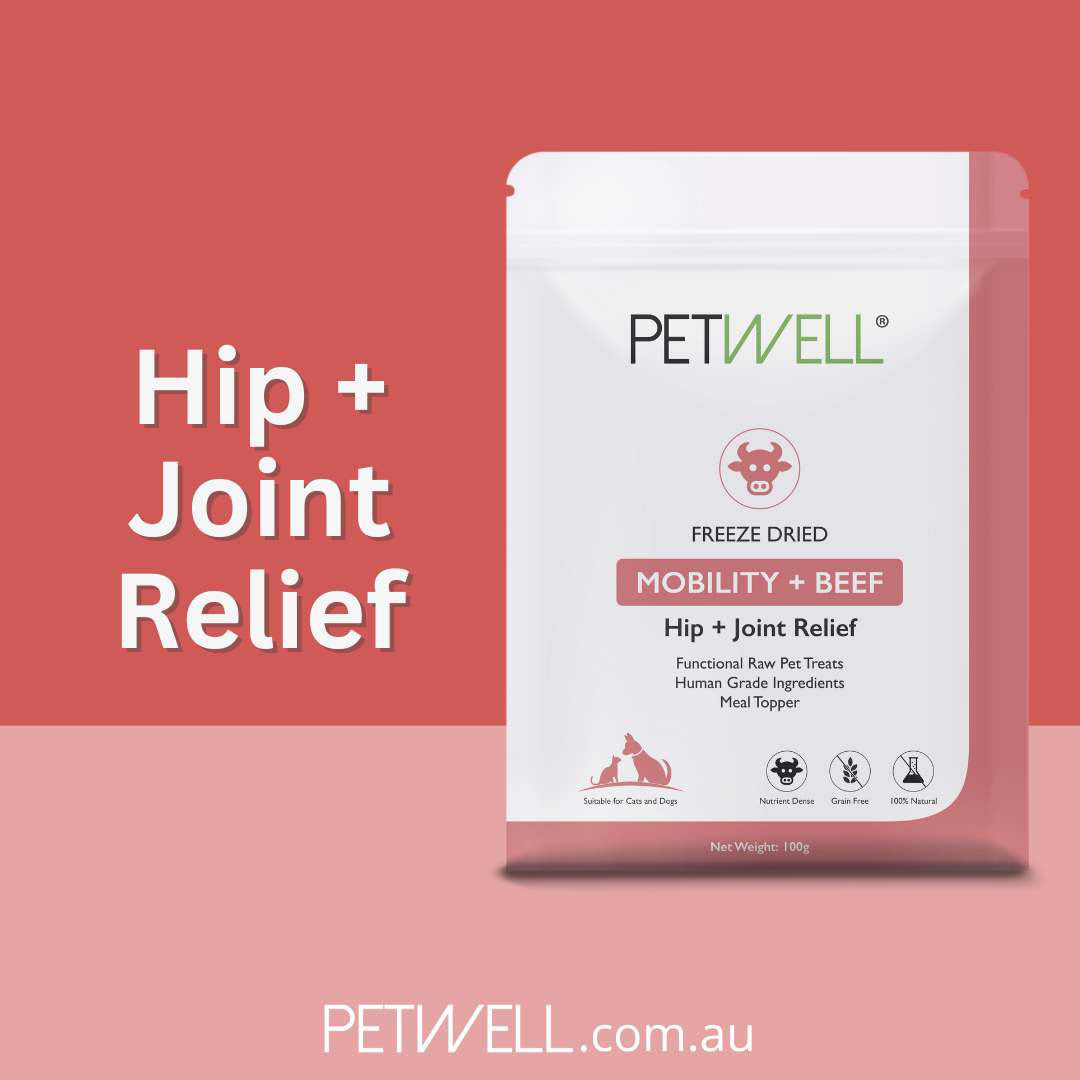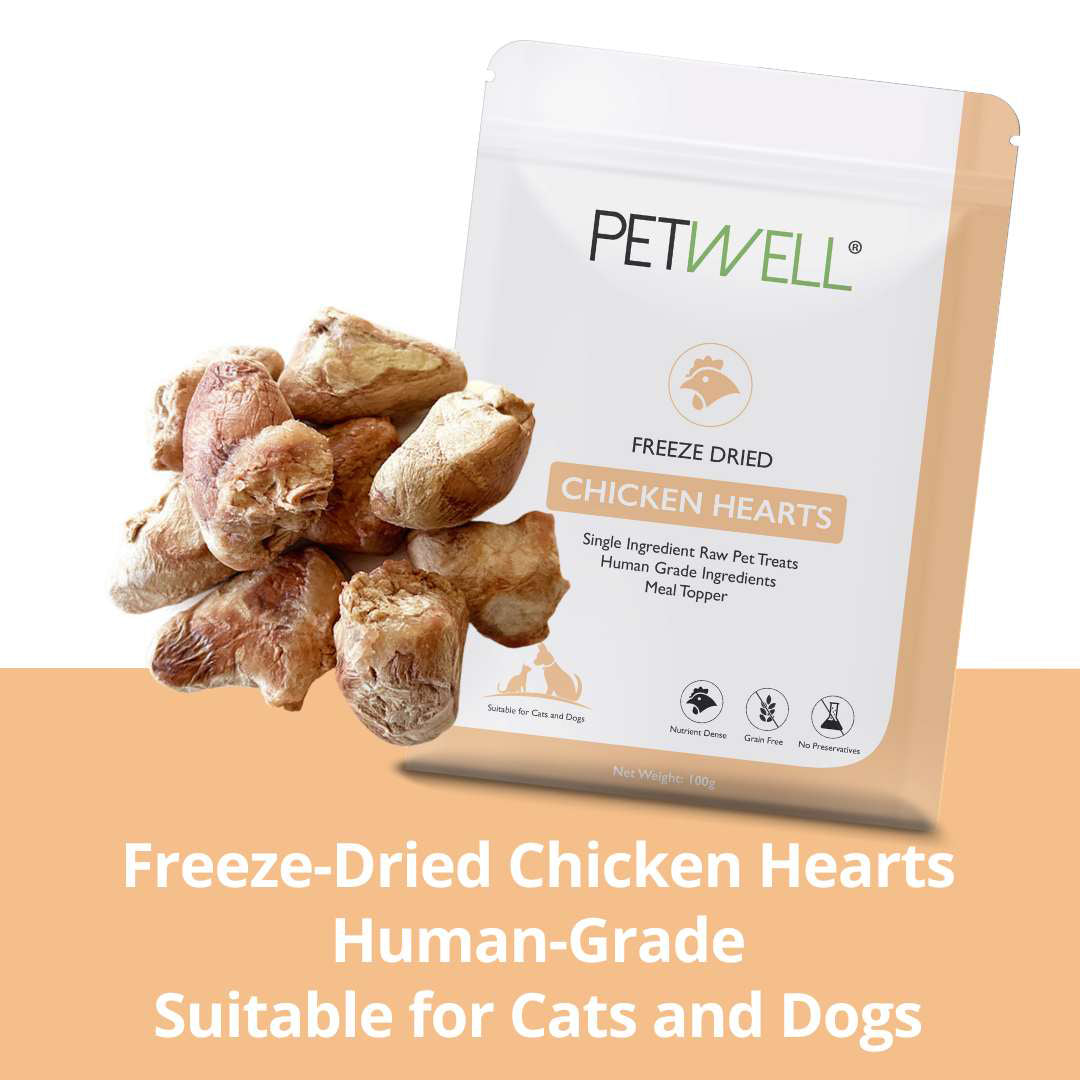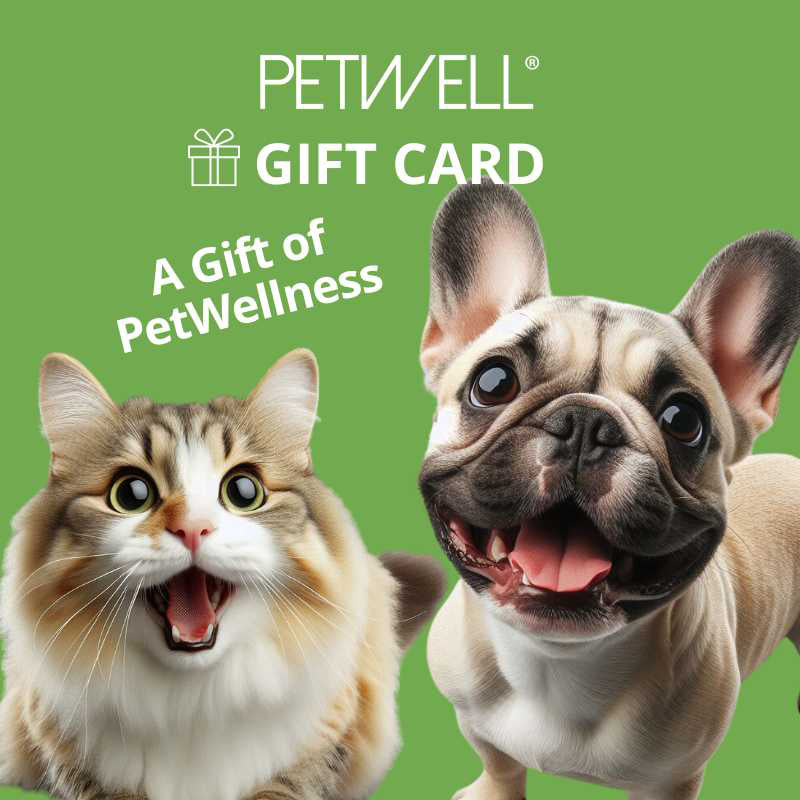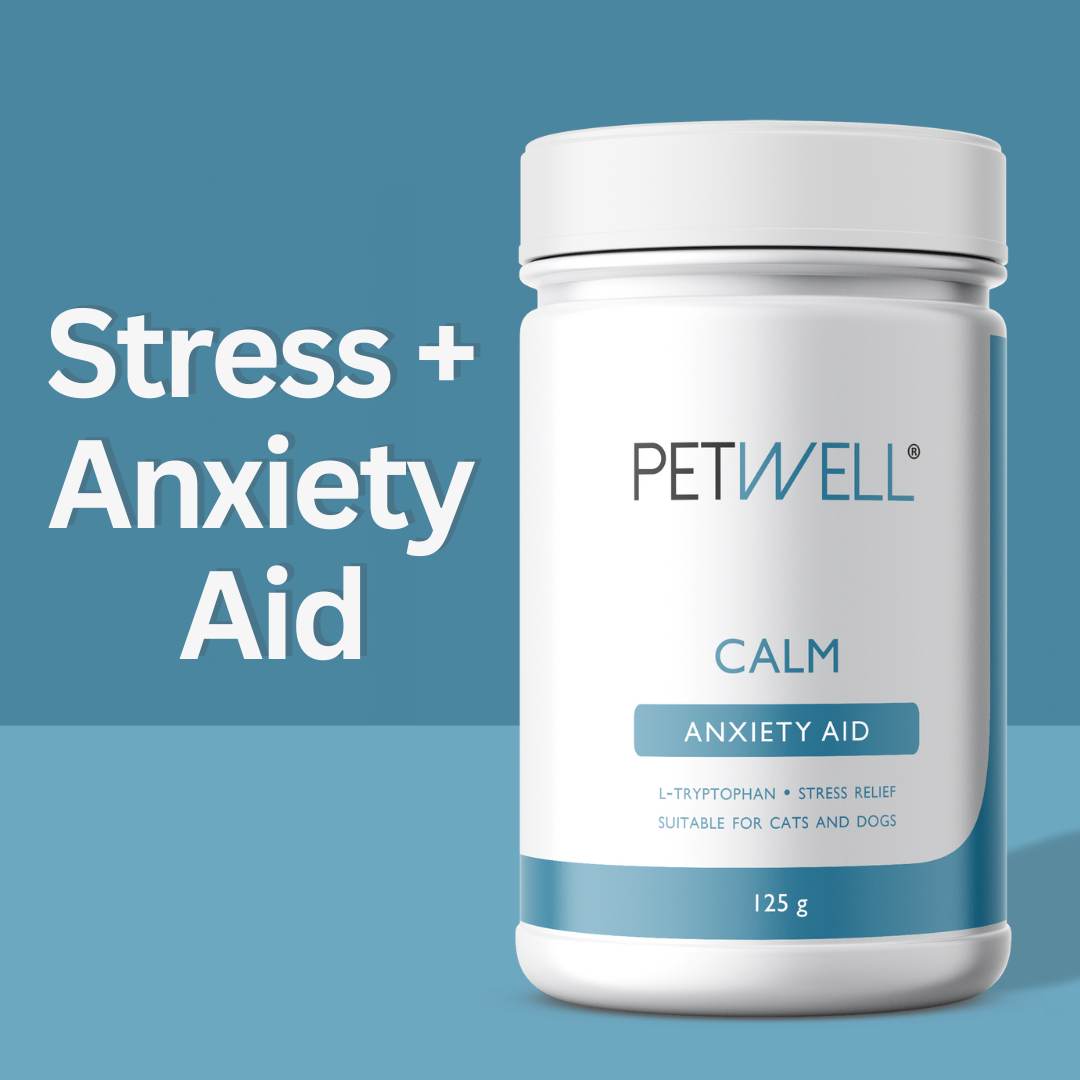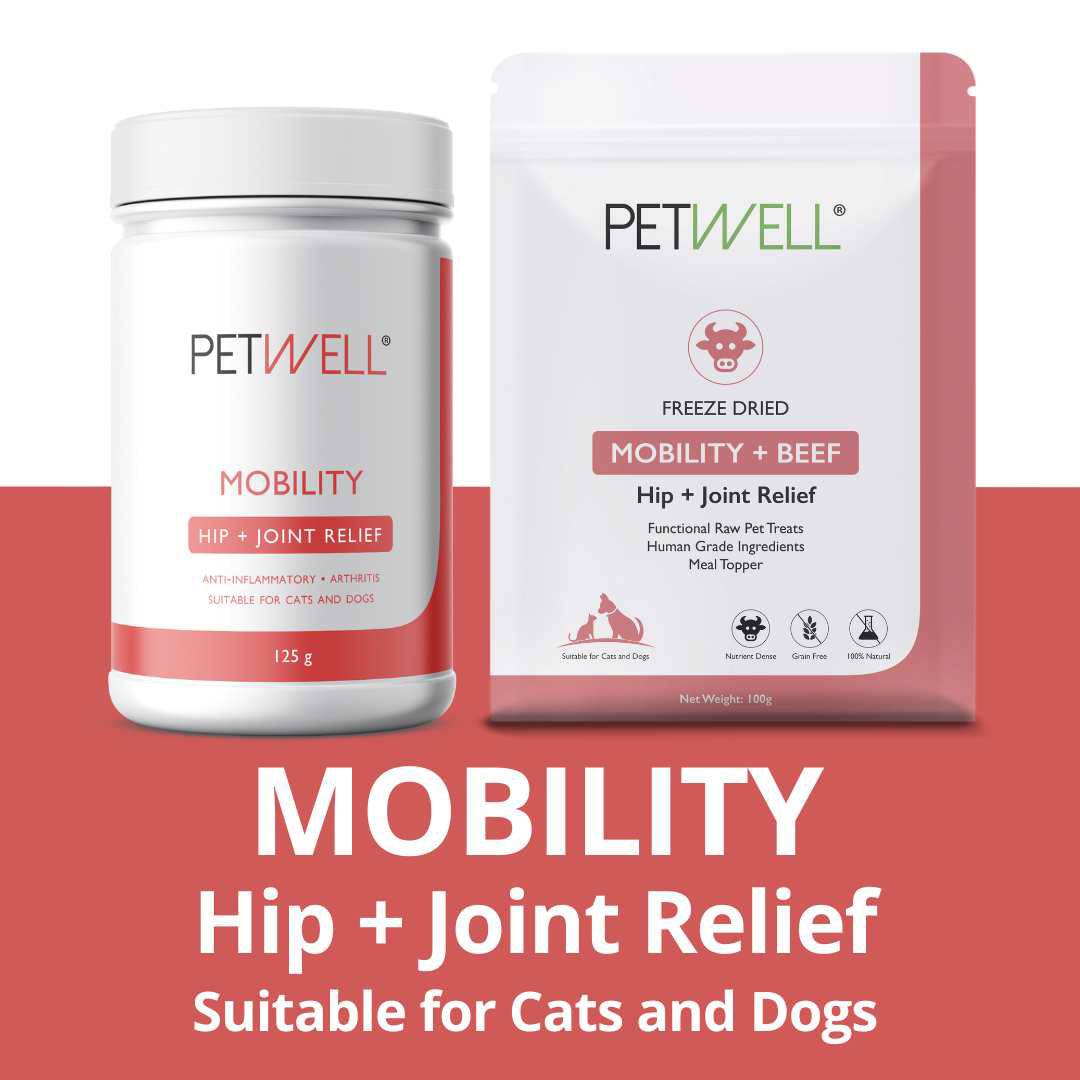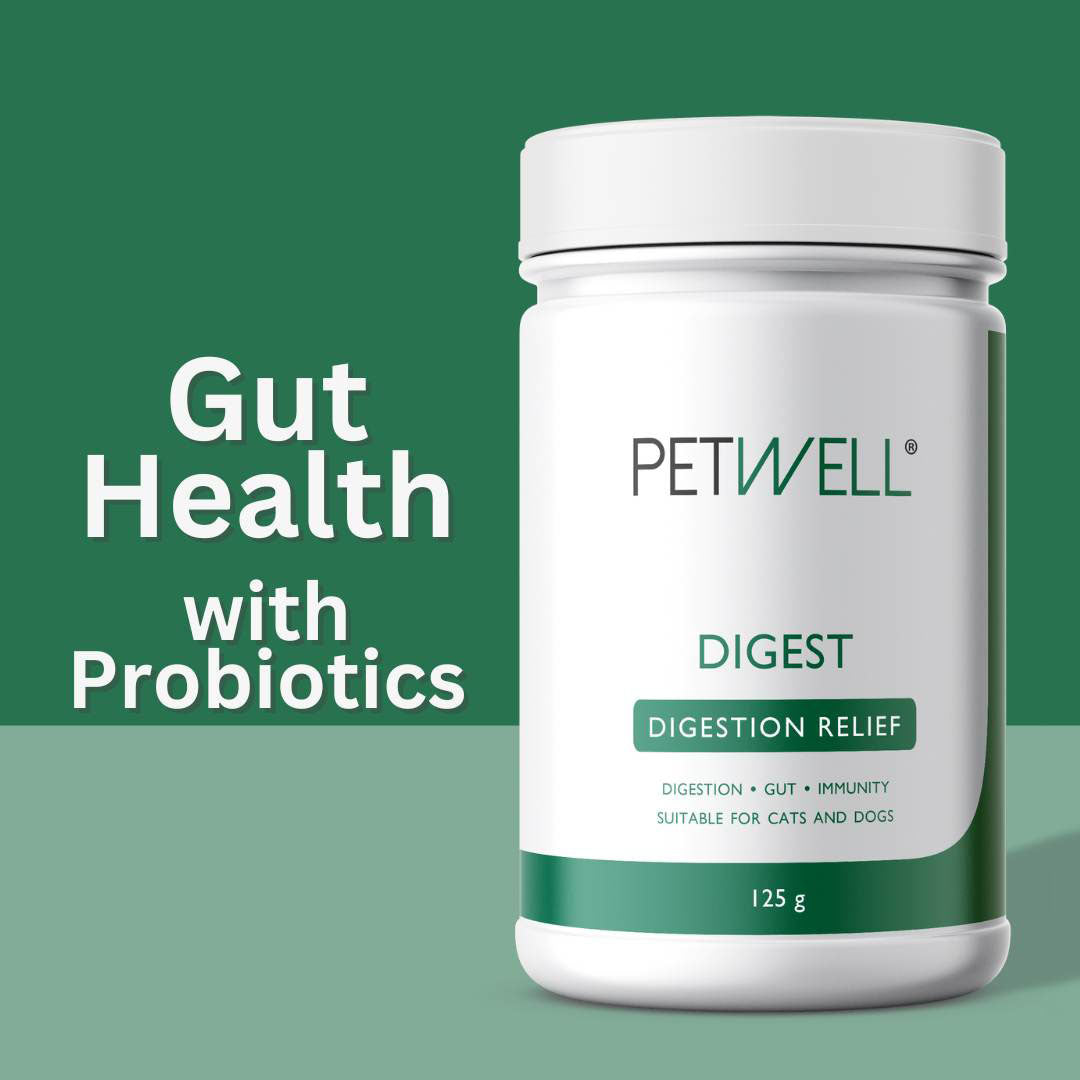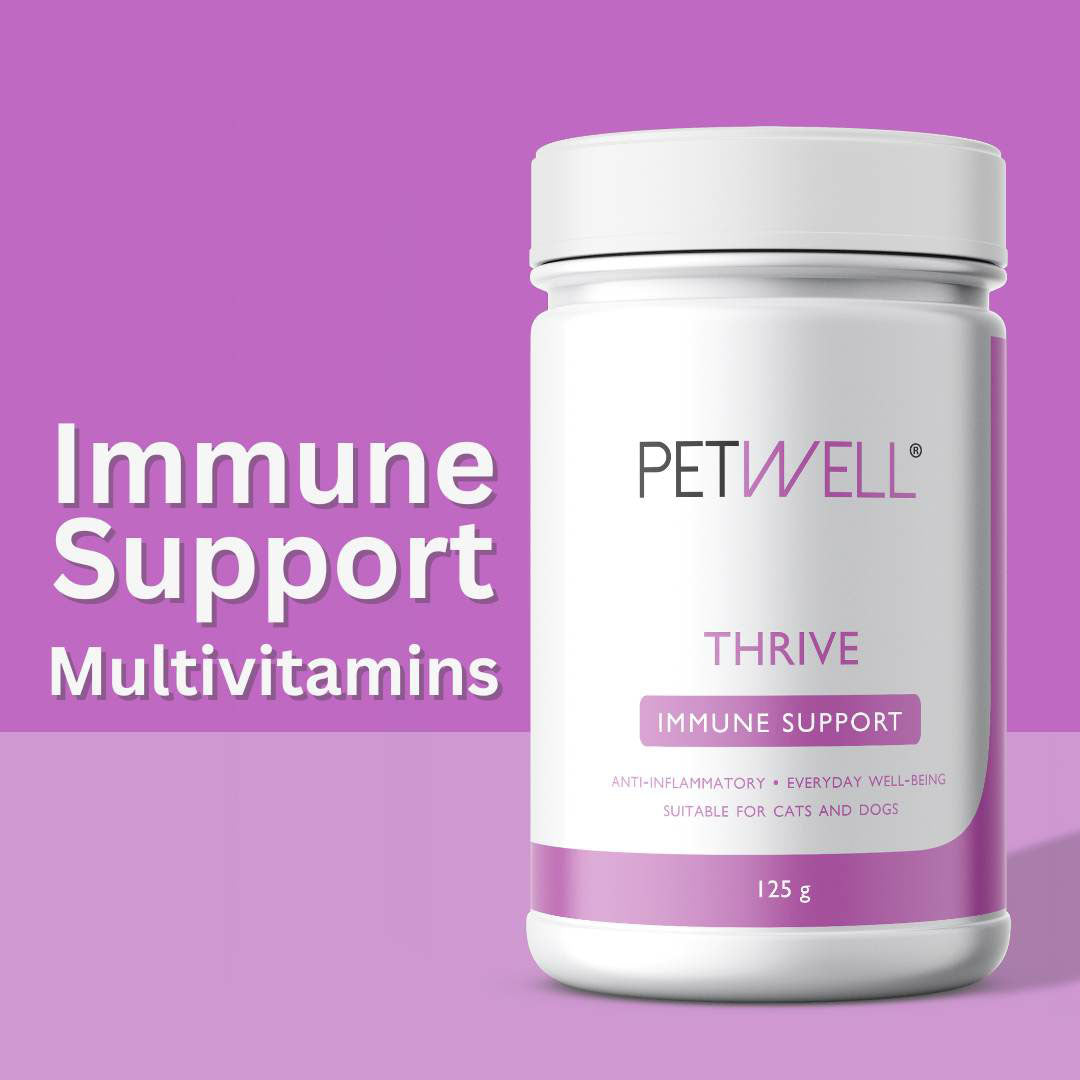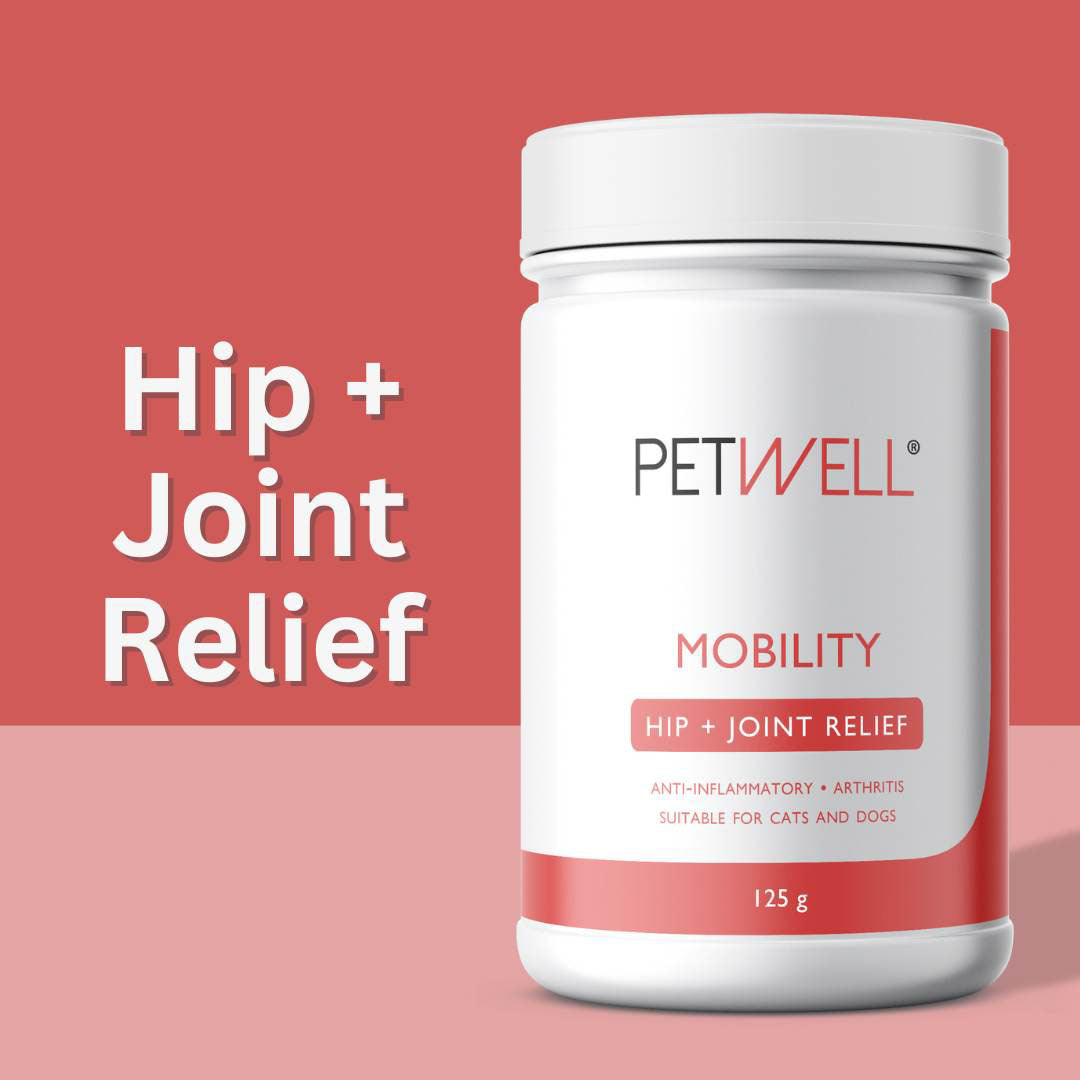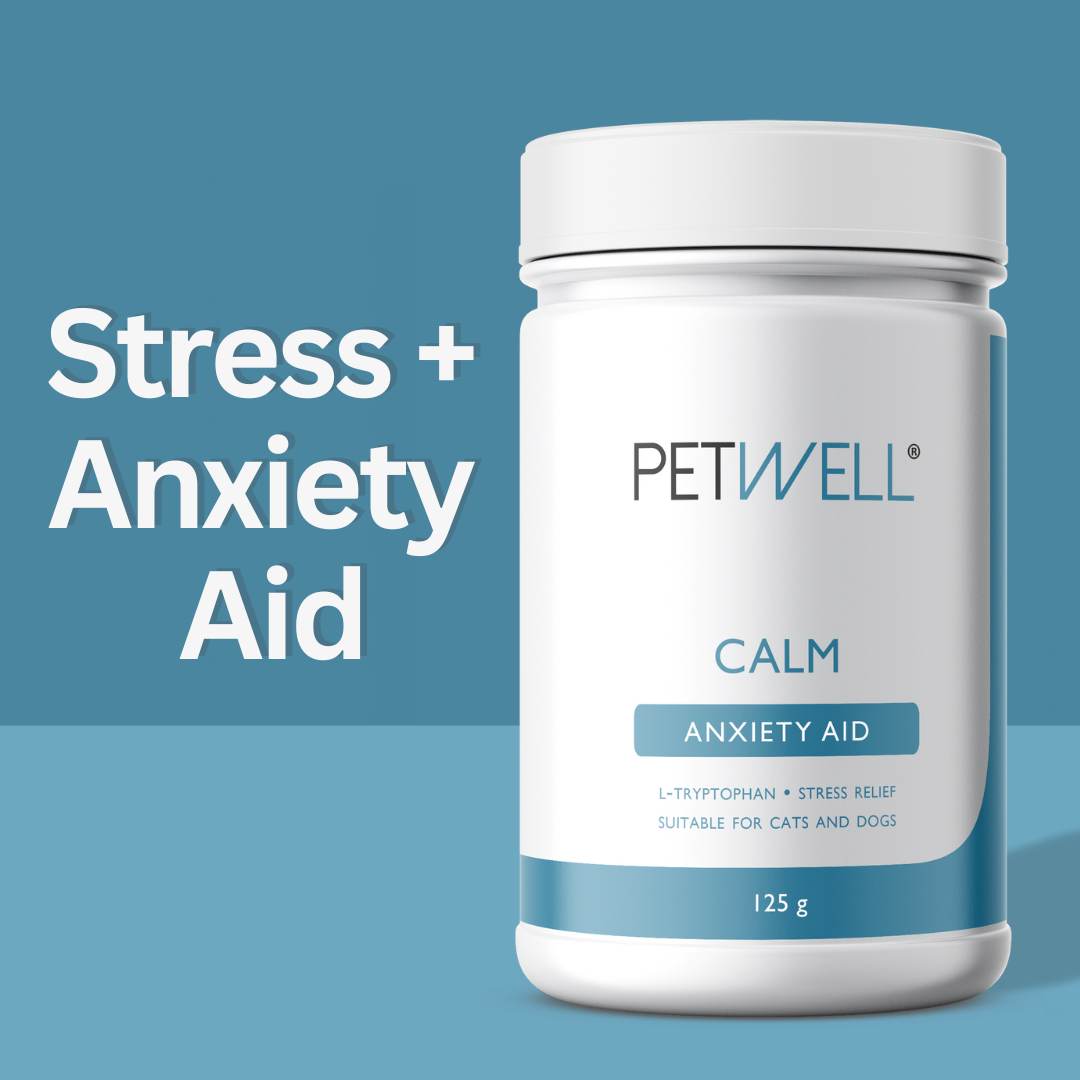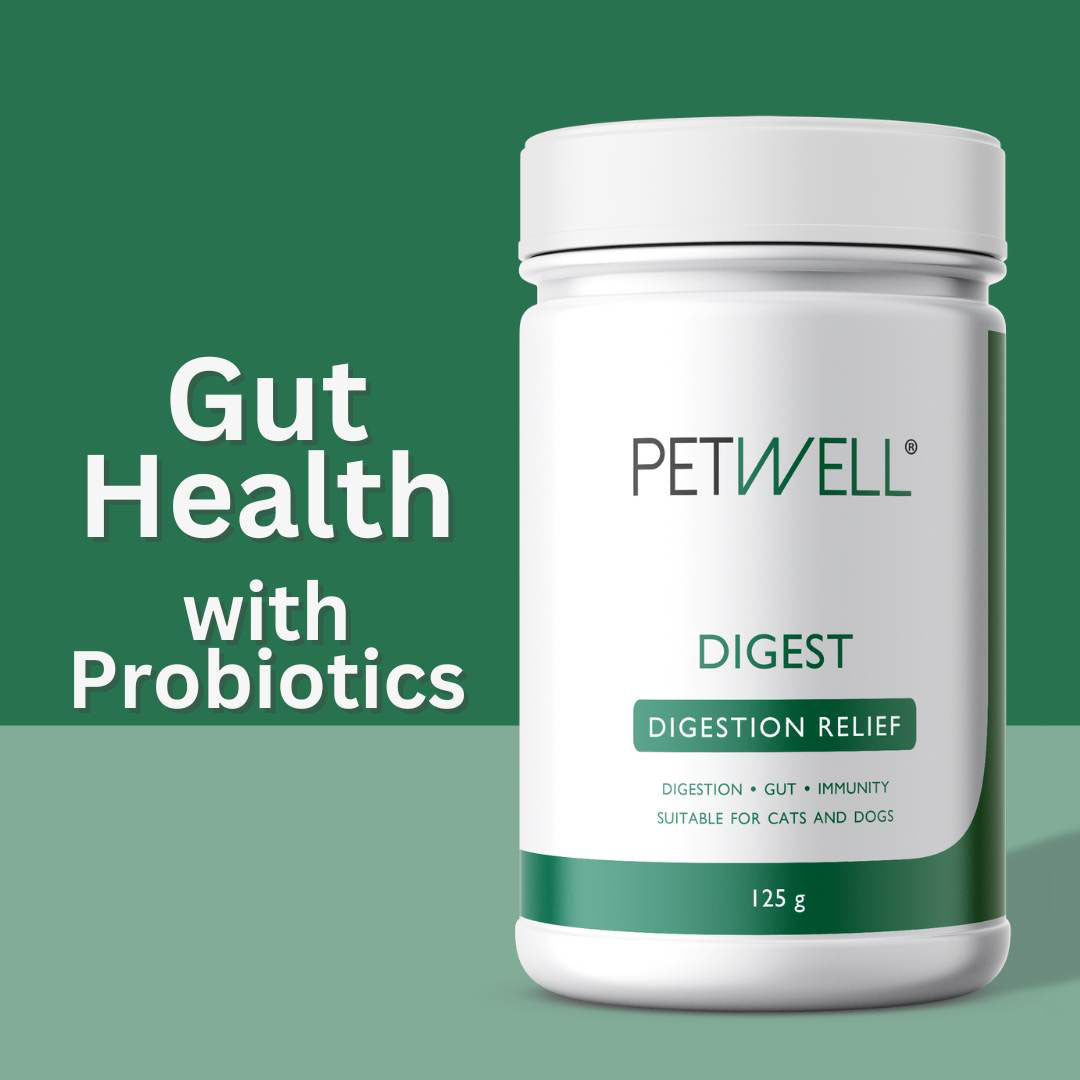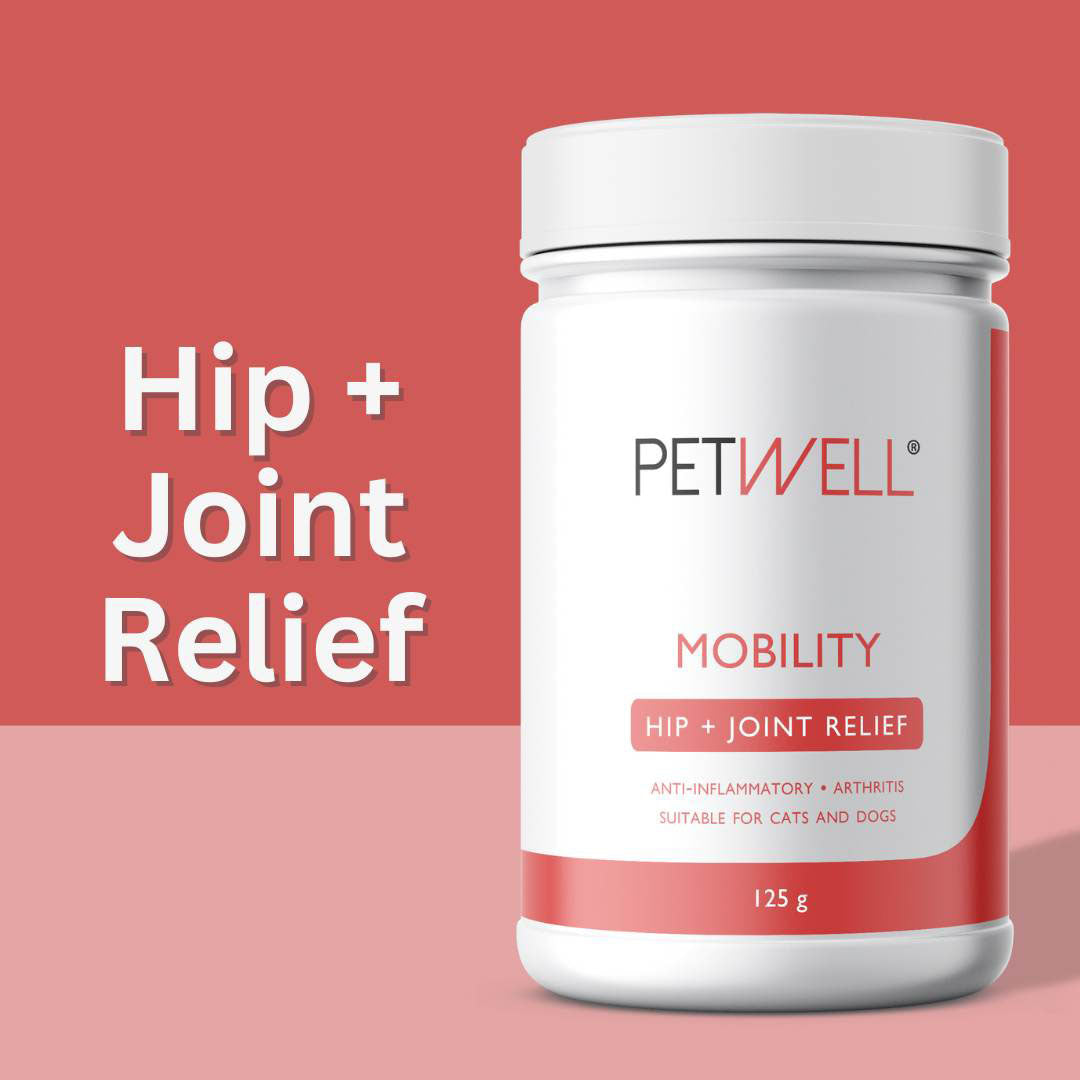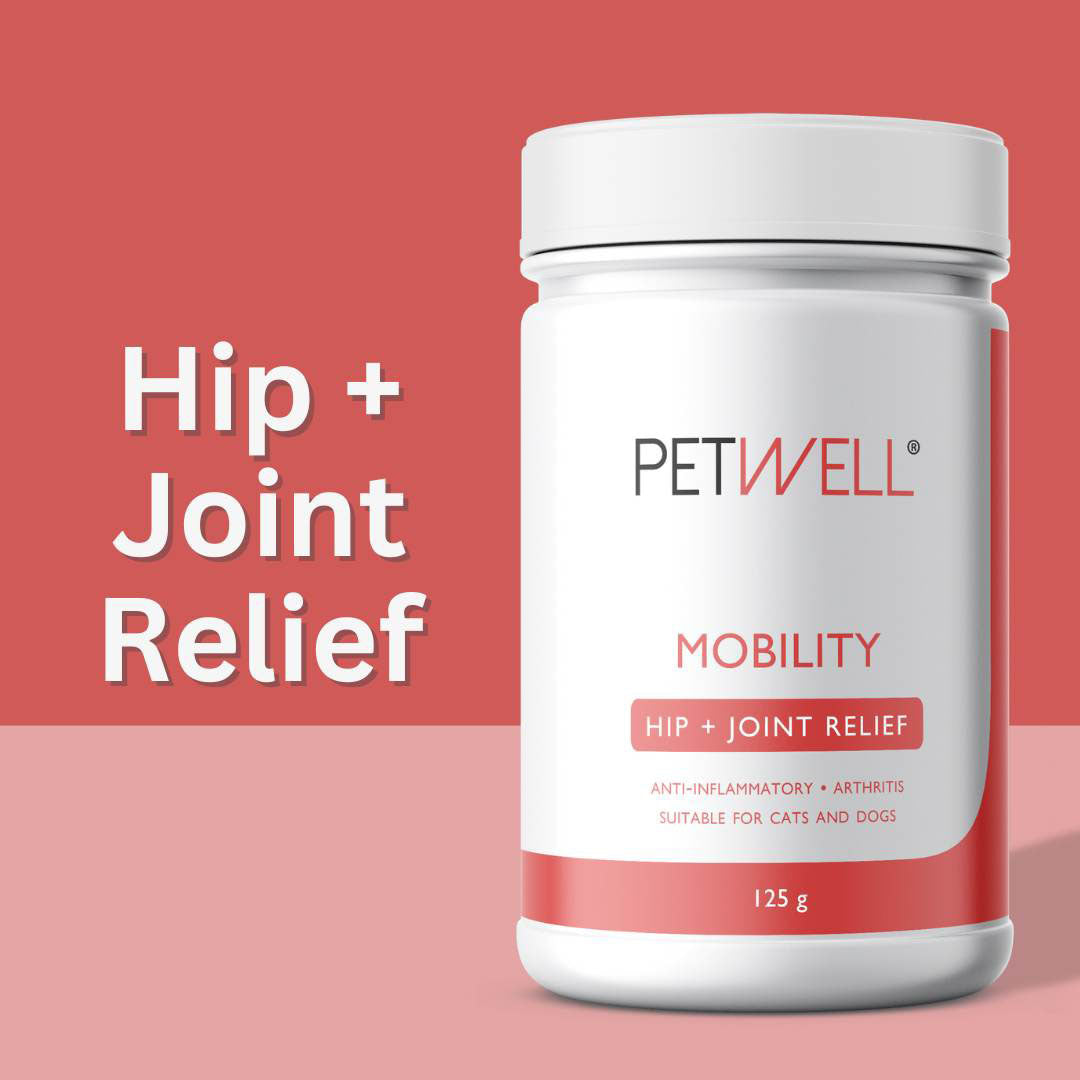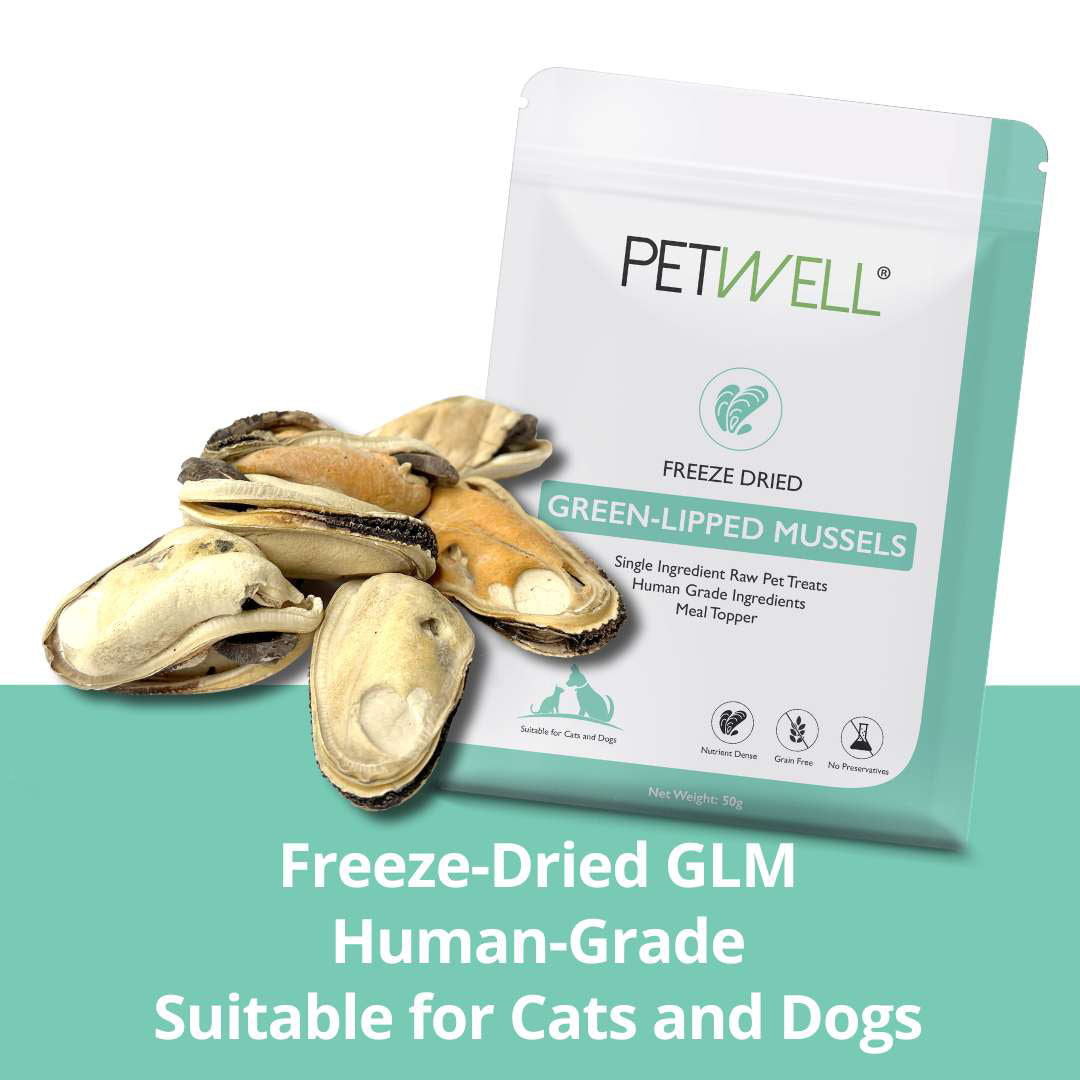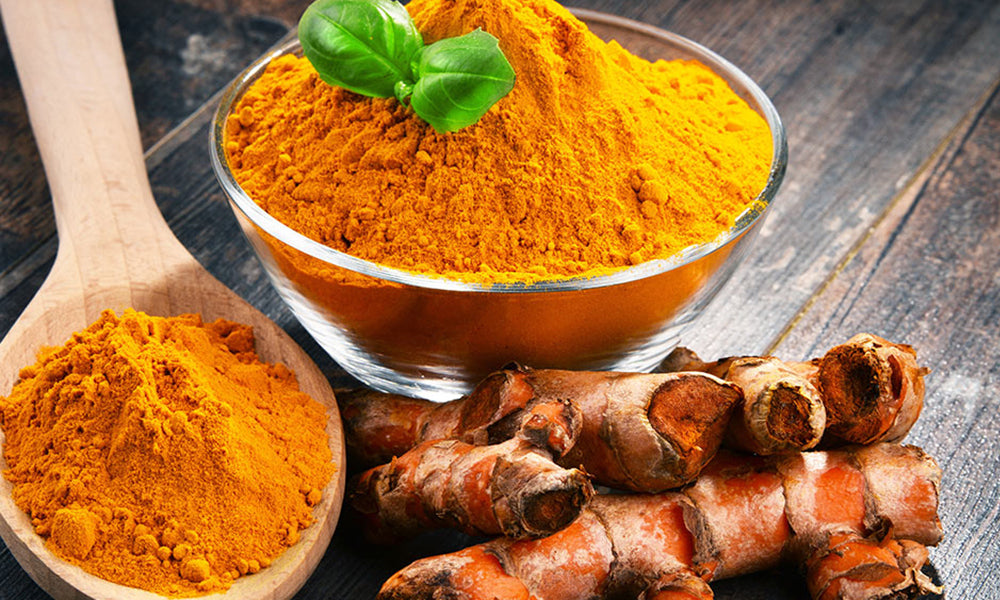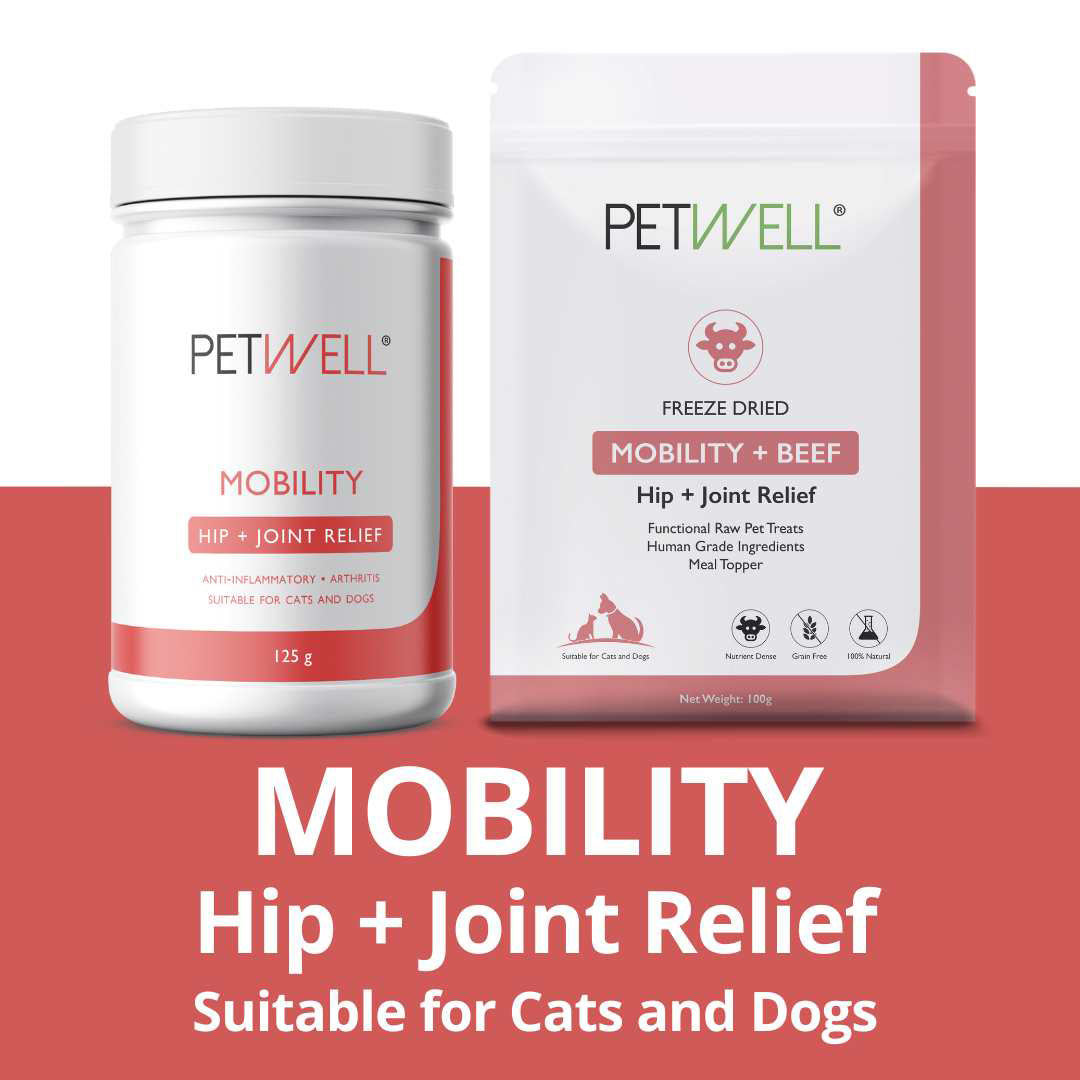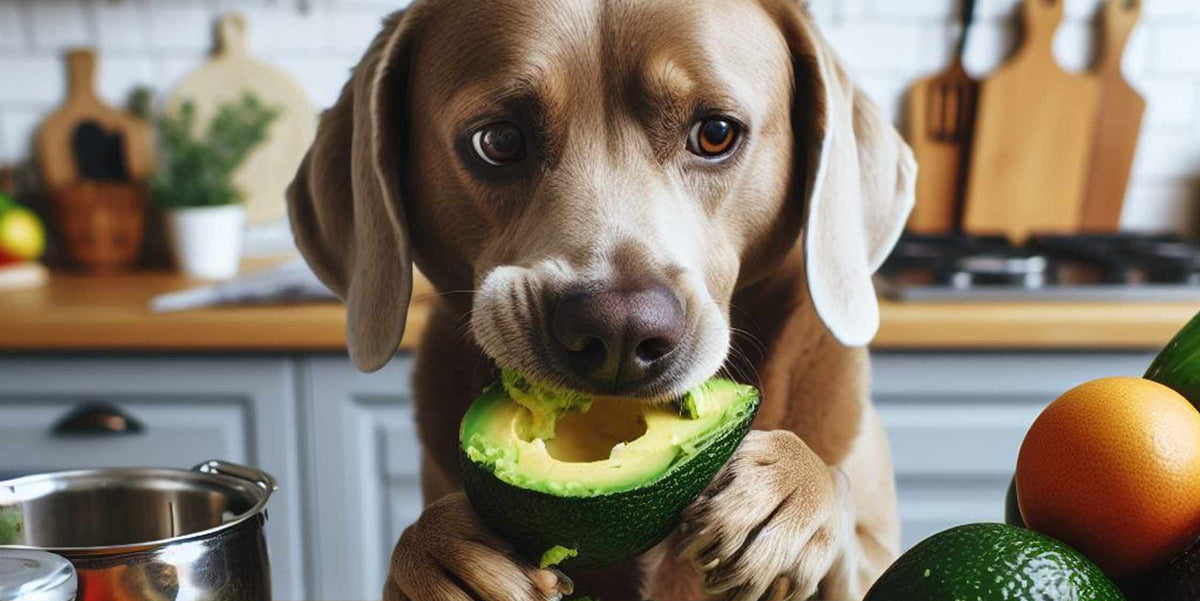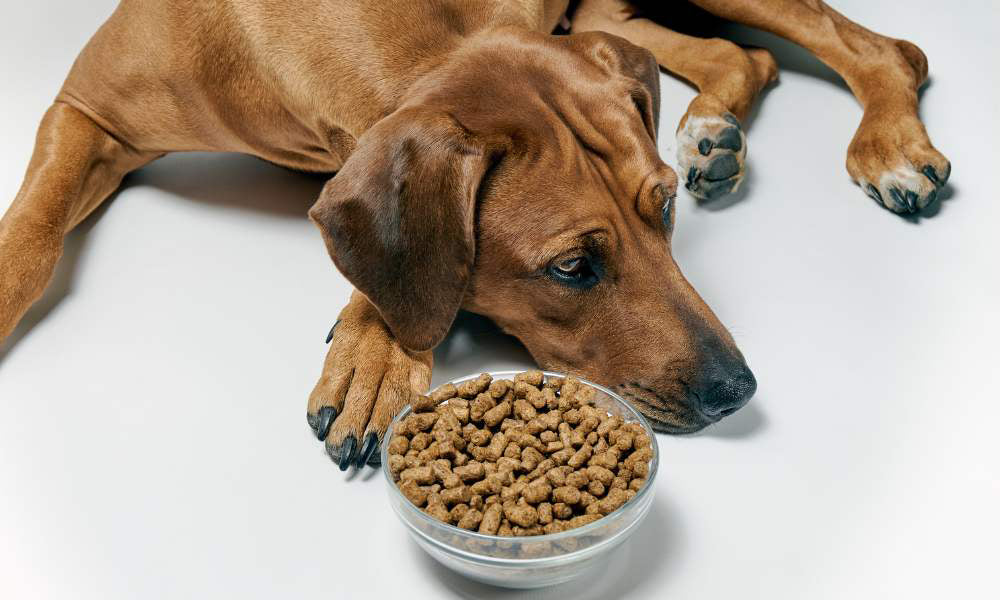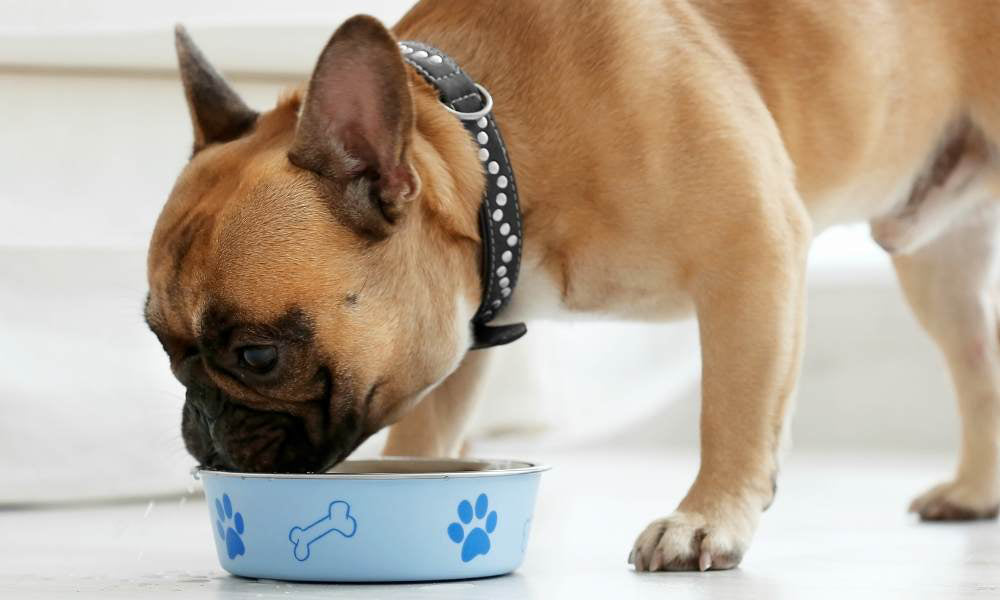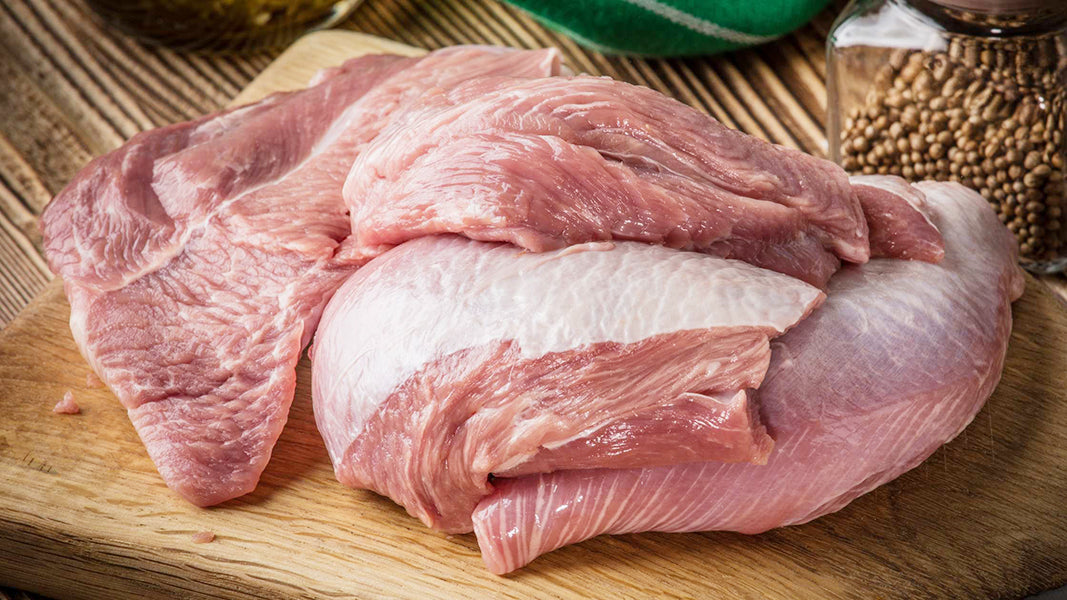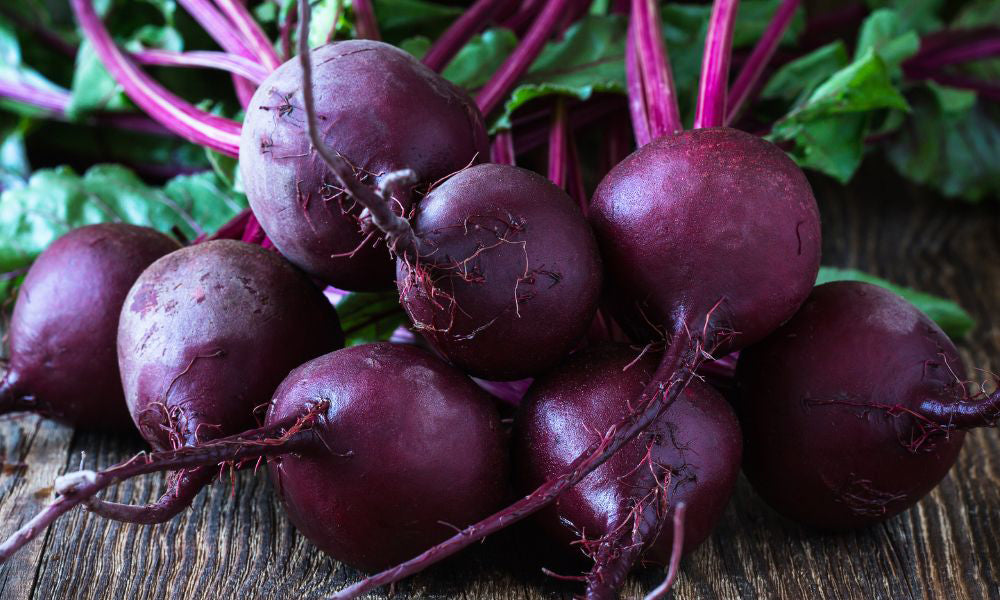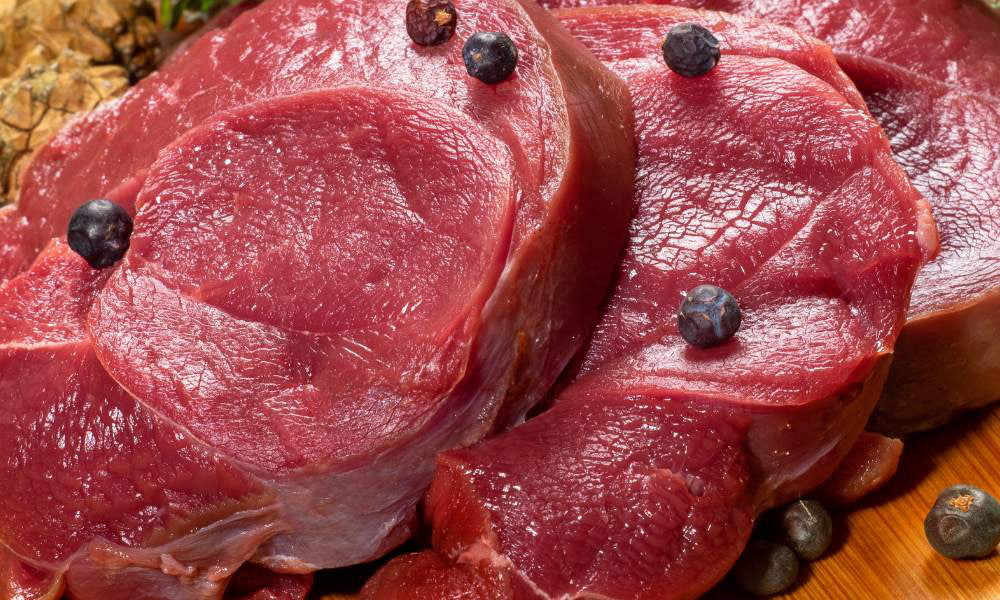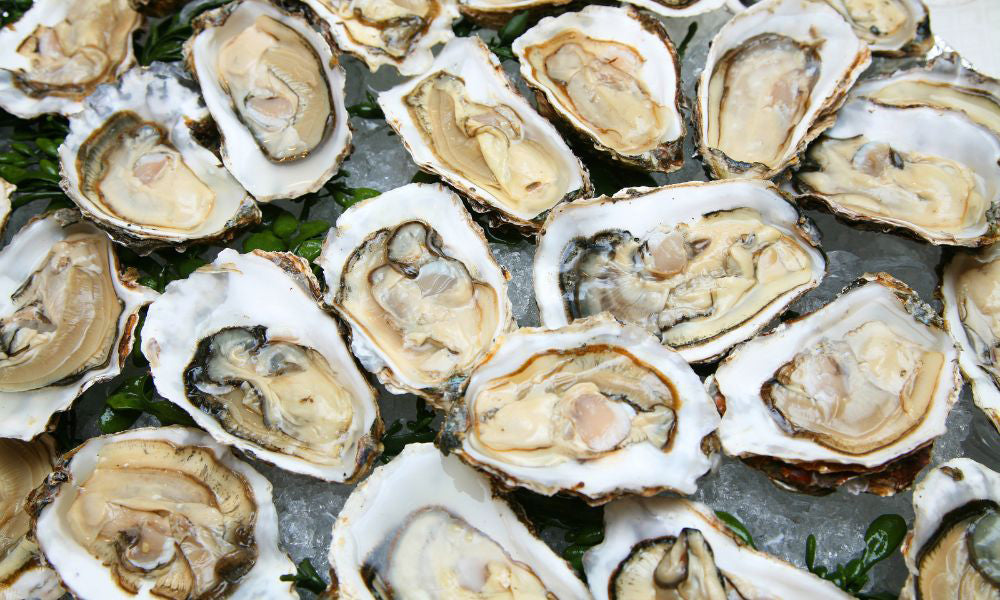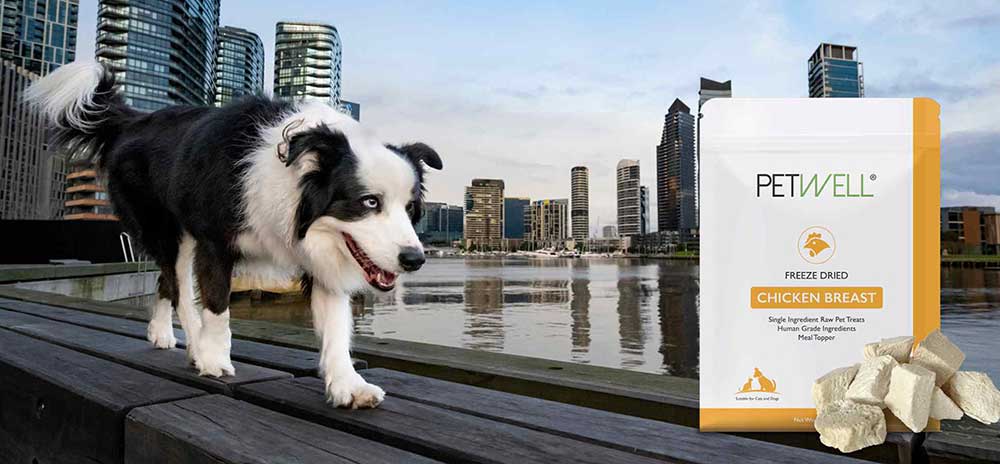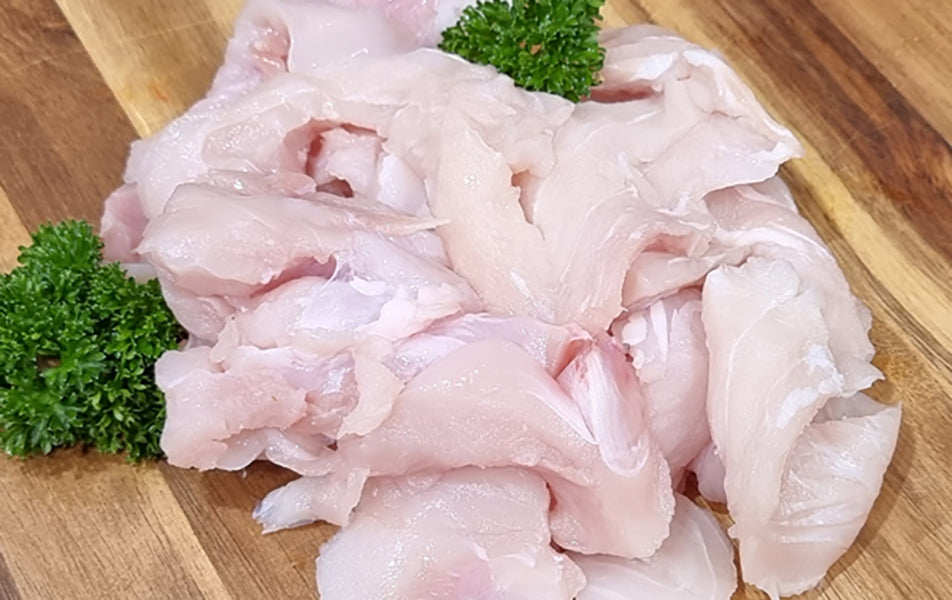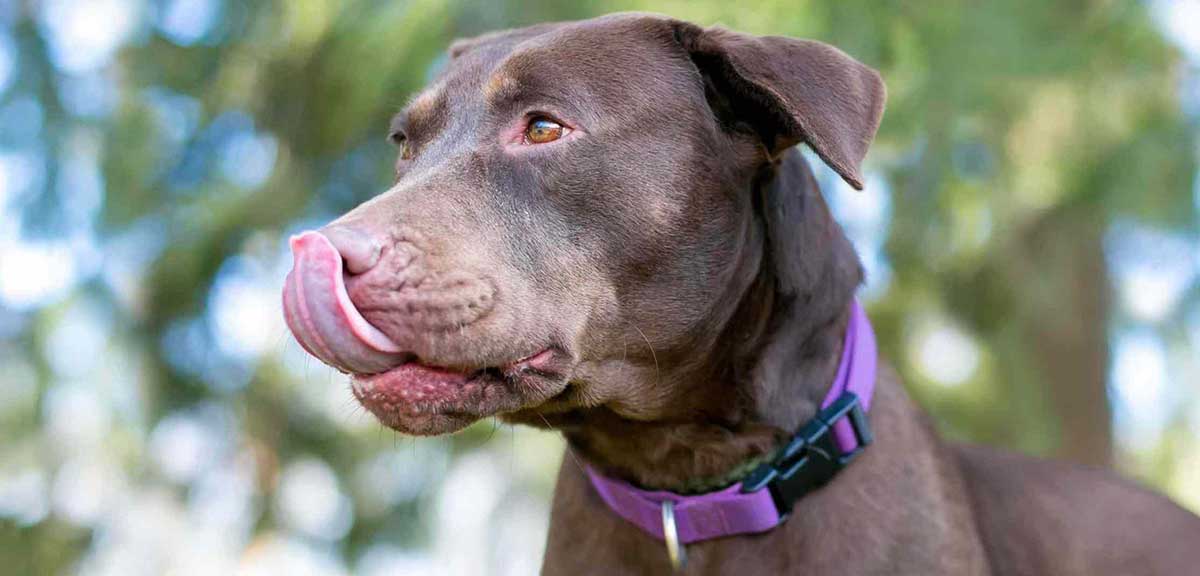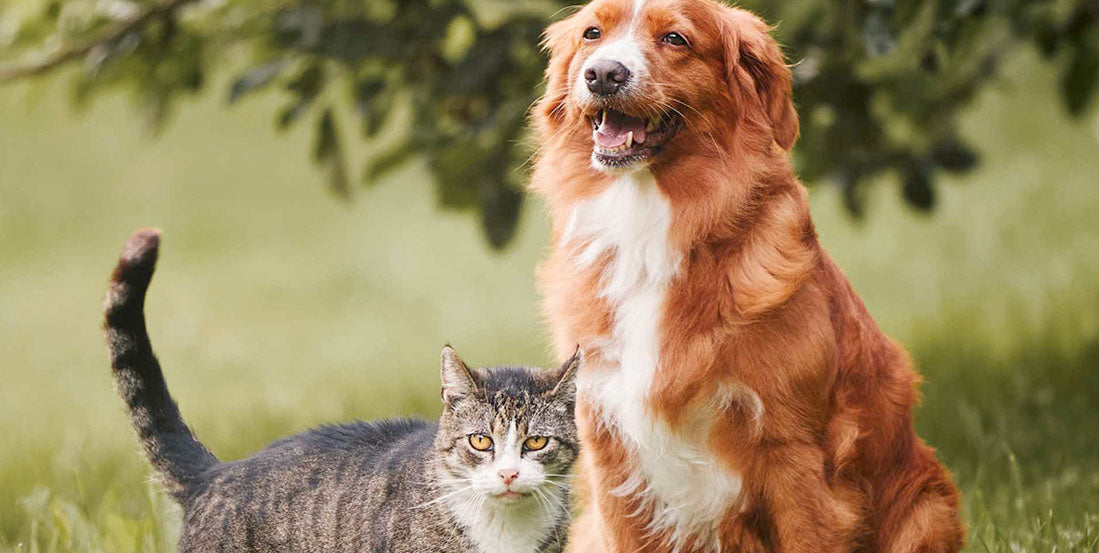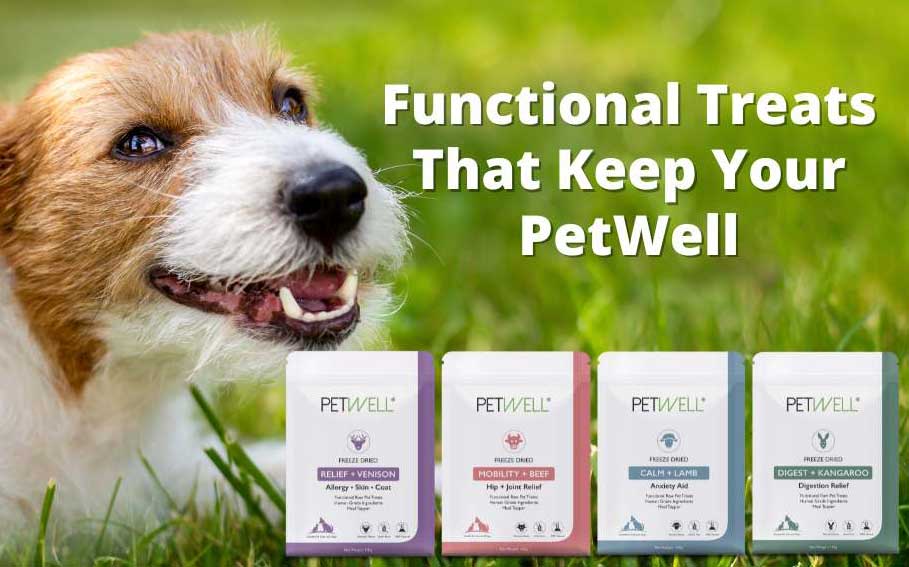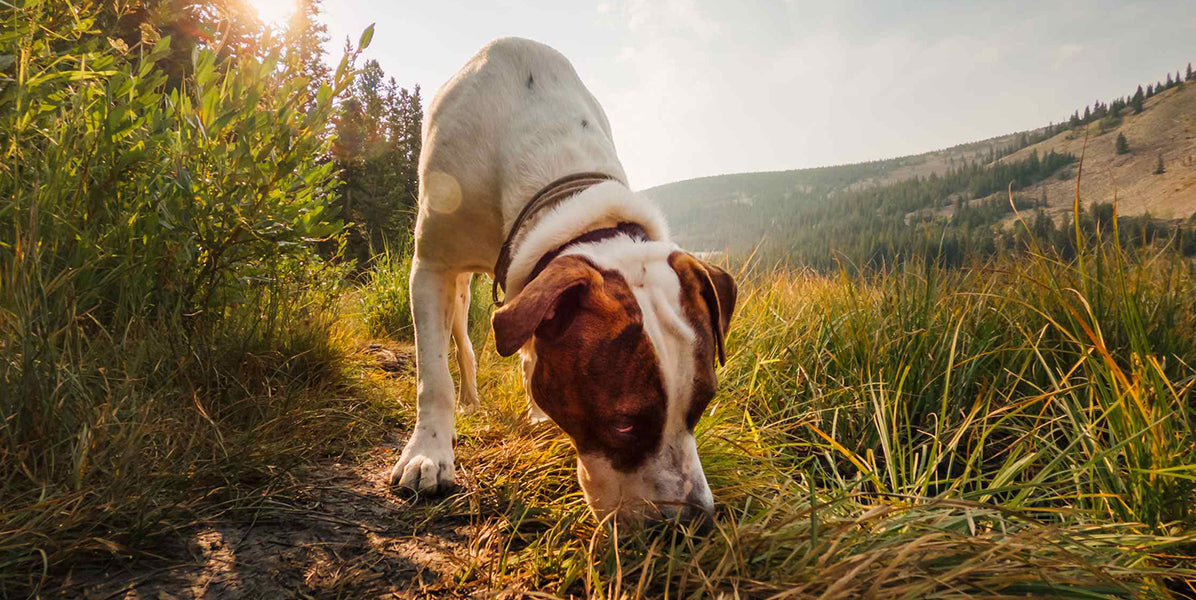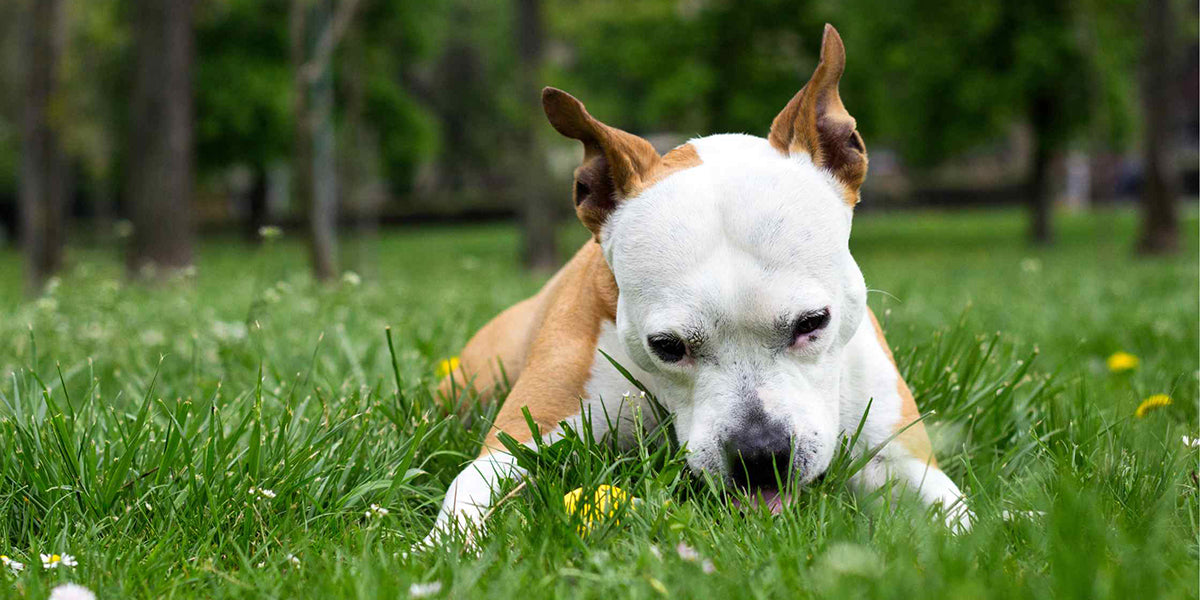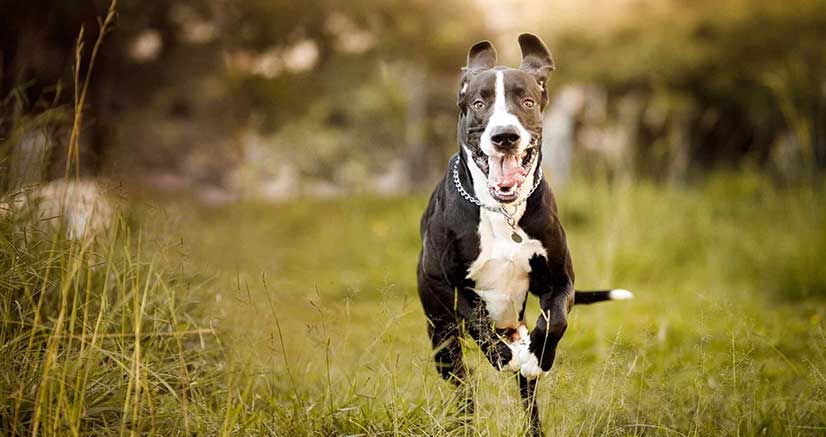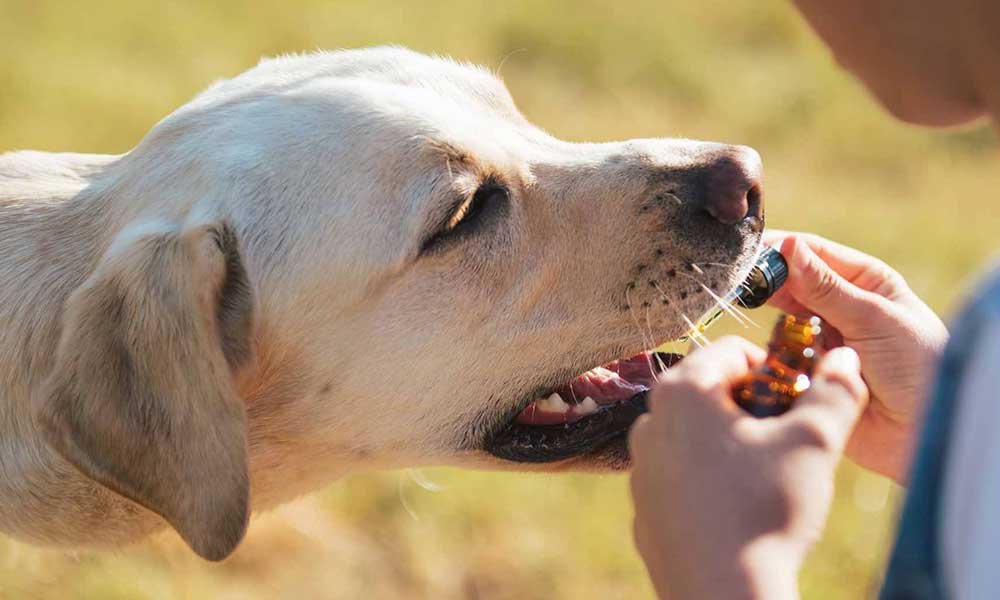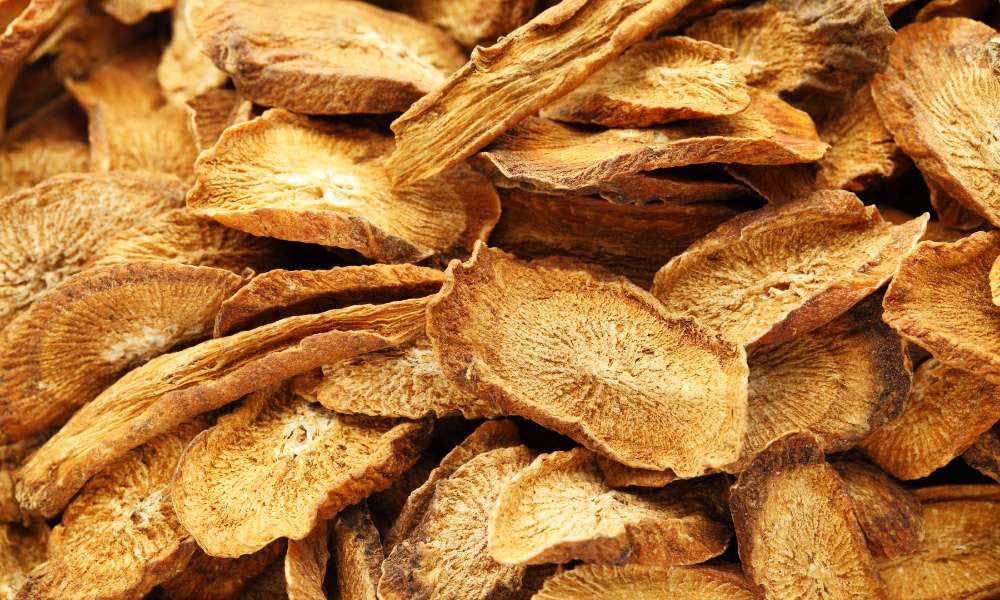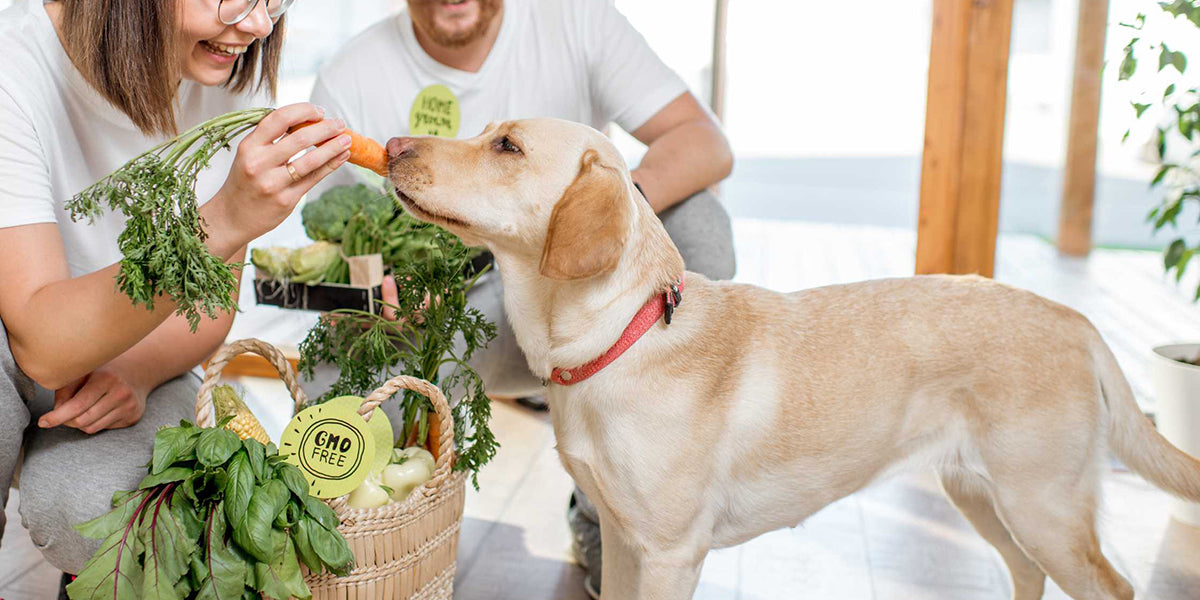What are the benefits of vegetables in your dog's diet, you may ask? Well, you’ll be happy to know that vegetables for dogs are a thing! There are many vegetables that dogs can eat without impacting their health. They can be safely added to their regular diet if you stick to the examples listed below.
Please note that even though vegetables can be given to dogs they should not comprise more than 25% of their diet. Always serve vegetables in moderation and in their natural state. In other words, do not add any seasoning, flavouring or oils.
Dogs (and cats) are carnivores and should always have a species-appropriate diet. If your dog is eating enough meat for its size and age it will be getting all the nutrients it needs. However, they also need vegetables for other vitamins and minerals. However, feeding them too many vegetables can upset their gut microbiome.
Puppies have specific dietary requirements as they develop. Always check with your vet about when you can introduce adult foods to dogs.
Dogs are carnivores and should always have a well balanced diet
Many vegetables can be prepped in bulk with cooking freezing in batches and small portions. Or an easier option is buying frozen vegetables that are chopped, snap-frozen and ready to serve.
Let’s look at what vegetables dogs can eat and also the ones that can be dangerous to their health and should be avoided.
Vegetables for Dogs
Asparagus
How to serve: Steamed with stalks trimmed off
Contains: Very high in Vitamin K and folate. Plus B group vitamins, and small doses of all minerals.
Benefits: Steaming will retain nutrients. Folate is important for cell renewal and Vitamin K for blood clotting and strong bones.
Beware: Too tough to be eaten raw. When cooked, asparagus loses the nutrients it contains.
Broccoli

How to serve: chopped, raw or steamed. Serve as a treat/in small amounts only.
Contains: Very high in Vitamin C and vitamin K. Also contains fibre, Beta-carotene, folate, and potassium.
Benefits: A great immune booster and antioxidant that protects tissue and builds collagen. Good for blood clotting bone strength and density and heart health.
Beware: Broccoli stalks can be a choking hazard. Broccoli florets contain isothiocyanates, which can cause gut irritation in some dogs.
Beetroot
How to serve: Chop into small pieces then blanche and puree. If serving raw, grate or chop into small pieces for easy digestion.
Contains: Hi in folate. Also has vitamin C, potassium, manganese, fibre.
Benefits: Good for digestion, immune system, healthy skin & coat.
Beware: Beetroot contains oxalates, like spinach which can potentially cause kidney stones and joint pain in some dogs. Keep servings small. Too much can cause also an upset stomach. Do not serve your dog canned beetroot.
Brussels sprouts
How to serve: Chopped and cooked
Contains: Rich in Vitamin C. Vitamin A, K, and B1. Plus, iron, potassium, thiamine, phosphorous, magnesium and manganese.
Benefits: Good for a healthy immune system, healthy bones, skin and coat. Assists a healthy brain and nervous system as well as carbohydrate metabolism.
Beware: Raw brussels may be too tough to eat and can pose a choking hazard if swallowed whole. Too much will also cause gas. Raw brussels are hard to digest and when whole, can be a choking hazard.
Cabbage (all kinds)
How to serve: Chopped and cooked
Contains: Vitamins K, C, B1 and B6. High in fibre and minerals including manganese, potassium and copper.
Benefits: Contains cancer-fighting glucosinolates and has high levels of phytonutrients.
Beware: As with brussels, too much cabbage will cause gas.
Capsicum / Bell Peppers

How to serve: Sliced, raw or cooked.
Contains: Excellent source of vitamin C and B6 plus other B group vitamins
Benefits: An antioxidant that helps protect tissues from oxidative stress. B6 is great for brain health and protects nerve cells.
Beware: Limit consumption.
Carrots
How to serve: Chopped small, raw or cooked. Including the leafy green tops. Pureed makes them easier to digest.
Contains: Fibre, beta-carotene for Vitamin A. Plus vitamins B6, K and potassium.
Benefits: Boosts the immune system and helps with healthy skin & coat.
Beware: Feeding large pieces of carrot can be a choking hazard. Too much at once can cause an upset stomach.
Cauliflower
How to serve: Raw or cooked (steamed). Serve chopped. Remove stems and leaves.
Contains: Omega-3, vitamin C, beta-carotene for Vitamin A, B group vitamins and folate.
Benefits: Boosts the immune system plus a healthy skin & coat. Will not give dogs gas.
Beware: Too much will upset your dog’s gut.
Celery
How to serve: Preferably raw, but chopped. They like the crunch of raw celery. Or cooked and pureed for easier digestion for older dogs.
Contains: Very low amounts of vitamins A, B5, C and K, niacin, thiamine, and riboflavin.
Benefits: Healthy skin and coat. Anti-inflammatory for joint health, freshens breath.
Beware: Fibre content can make celery hard to digest if eaten too often.
Cucumber

How to serve: Raw or cooked
Contains: Small amounts of B group vitamins, vitamin C, K and minerals.
Benefits: High water content for hydration. Phytonutrients & phytochemicals kill bacteria in a dog’s mouth which leads to fresher breath. Cucumbers also contain antioxidants that are anti-inflammatory.
Beware: Choose organic or wash your cucumbers to remove pesticides.
Green Beans
How to serve: chopped, raw, steamed, blanched, pureed, or frozen.
Contains: Vitamins B6, A, C, K, iron and calcium. High in fibre and manganese.
Benefits: Good for a healthy metabolism, eye health, reproduction and bones. Contains antioxidants that boost the immune system.
Beware: Feeding your dog whole beans. Always chop them up to avoid choking. Avoid canned beans that may have a high salt content.
Kale
How to serve: Cooked (steamed) or raw. Chop and puree for easy digestion.
Contains: Very high in vitamin K. Also contains vitamins A, B-group, C and E. Also high in manganese.
Benefits: For good vision, bone and cartilage health, and immune function.
Beware: Kale must be washed to remove pesticides. Serve in moderation. Kale is safer for larger dogs. Small dogs may have trouble digesting it.
Lettuce
How to serve: Raw and washed
Contains: Very high levels of vitamin K plus low levels of other vitamins and minerals.
Benefits: High in water content and fibre, low in calories. Vitamin K helps bone strength.
Beware: Salad leaves covered in dressings.
Peas

How to serve: Raw, cooked, snap frozen
Contains: High in B group vitamins, folate and vitamin C and K. High in fibre and protein.
Benefits: Good for healthy skin and bones, nervous system function, growth, appetite and digestion.
Beware: Avoid canned peas which may high in salt.
Pumpkin
How to serve: Cooked only, not raw.
Contains: Vitamins A, C, B6, folate. High in fibre,
Benefits: Great for digestion, the immune system, eye and heart health. Can settle an upset stomach in the short term.
Beware: Raw pumpkin can be too hard to digest and may make some dogs sick. Avoid seeds and skin.
Spinach
How to serve: Steamed or blanched then chop or puree.
Contains: Extremely high in vitamin K and folate. Plus vitamins B1, B2, B6, B9, E and folate. Plus good levels of the minerals magnesium, manganese and calcium and omega-3 fatty acids.
Benefits: Beware: Dogs cannot digest whole leaves. Raw spinach contains oxalate, an anti-nutrient. It binds to minerals and stops their absorption. This prevents the body from absorbing calcium and can harm the kidneys.
Sweet potato
How to serve: serve peeled and cooked.
Contains: B group and vitamins C and E.
Benefits: High in beta-carotene which is an antioxidant. High in fibre for gut health.
Beware: Difficult to digest when raw. High in carbohydrates so too much may result in weight gain.
Zucchini

How to serve: Raw, steamed or cooked
Contains: Vitamins A, C, B group and folate. Plus, Beta-carotene, fibre, manganese and potassium.
Benefits: Low in calories. Improves digestion, and reduces cancer risk.
Now you know what vegetables dogs can eat and how important it is to serve them in moderation as a small part of their diet. They are a good addition to meat which is a dog’s primary species-appropriate food. Foods that are toxic for dogs: Dangerous Foods: What’s Toxic for Dogs
Read more about A Guide to Safe and Healthy Foods for Dogs
Disclaimer: The entire contents of this email and website are not to be taken as medical advice. The team at Pet Squad Pty Ltd trading as PetWell encourages you to make your own pet healthcare decisions based upon your research and in partnership with a qualified pet healthcare professional.
